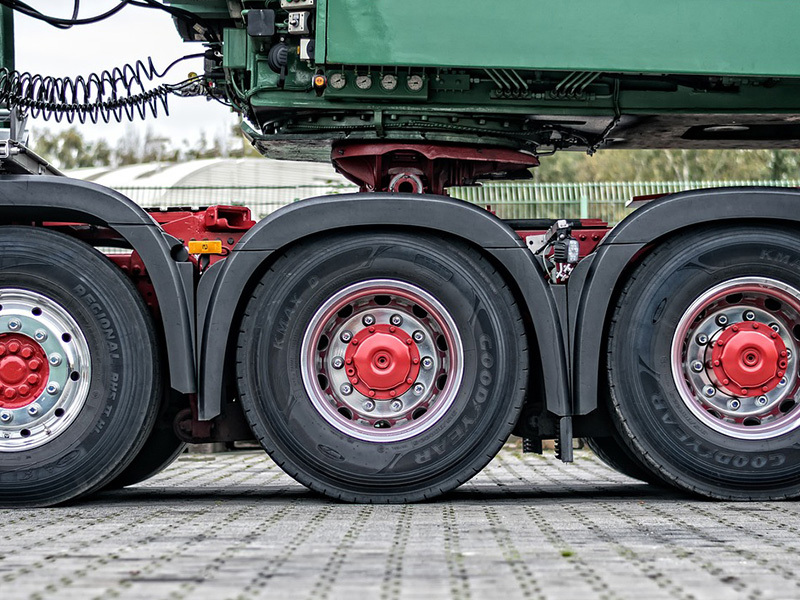The Super Eco Combi and Dutch climate policy
23060
2024
The Netherlands is investigating how much the Super Eco Combi (SEC), as part of a larger package of CO2 reduction measures, can contribute to meeting its internationally agreed climate targets for 2030 - 2040. TML and Panteia analyse the market potential of the SEC in different scenarios and assess its impact on freight transport, while considering road safety, infrastructure, and economic benefits.
The Netherlands wants to know how the Super Eco Combi (SEC), a 32-metre-long, 72-tonne vehicle combination, can contribute to its climate goals for multimodal freight transport. In this context, TML and Panteia are conducting a study on the SEC's market potential and how this transport mode can reduce CO2 emissions by 2030 - 2040.
We explore the use of the SEC in three different scenarios: between logistics hubs, directly between companies, or a combination of both. This involves identifying technical requirements such as type of goods, driving conditions, and road conditions to ensure safety and infrastructure. The study then estimates the impact of the SEC on the share of freight transport and the economic and social benefits, which it compares to other CO2 reduction measures.
It also considers the effects on road safety, congestion, and driver shortage. The study will provide insights to properly weigh up the costs and benefits of the SEC, which could be crucial for meeting climate goals.
The Netherlands wants to know how the Super Eco Combi (SEC), a 32-metre-long, 72-tonne vehicle combination, can contribute to its climate goals for multimodal freight transport. In this context, TML and Panteia are conducting a study on the SEC's market potential and how this transport mode can reduce CO2 emissions by 2030 - 2040.
We explore the use of the SEC in three different scenarios: between logistics hubs, directly between companies, or a combination of both. This involves identifying technical requirements such as type of goods, driving conditions, and road conditions to ensure safety and infrastructure. The study then estimates the impact of the SEC on the share of freight transport and the economic and social benefits, which it compares to other CO2 reduction measures.
It also considers the effects on road safety, congestion, and driver shortage. The study will provide insights to properly weigh up the costs and benefits of the SEC, which could be crucial for meeting climate goals.


